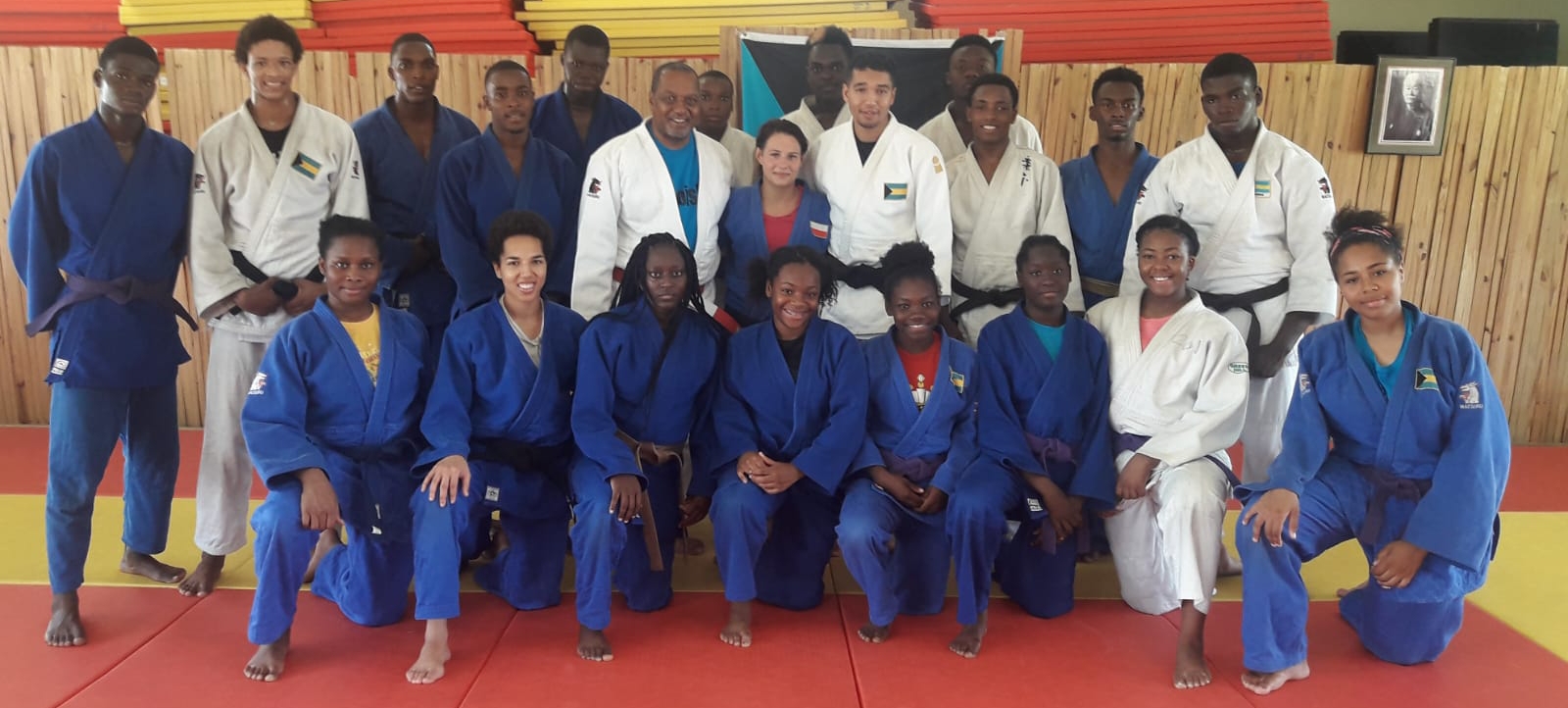
Greg Henhawk Receives IG Wealth Management National NCCP Coach Developer Award
Greg Henhawk Receives IG Wealth Management National NCCP Coach Developer Award
Canada’s most deserving and influential coaches and sport leaders were honoured on November 9 at the 2018 Petro-Canada Sport Leadership Awards Gala. Among them was Greg Henhawk, who received the IG Wealth Management National…
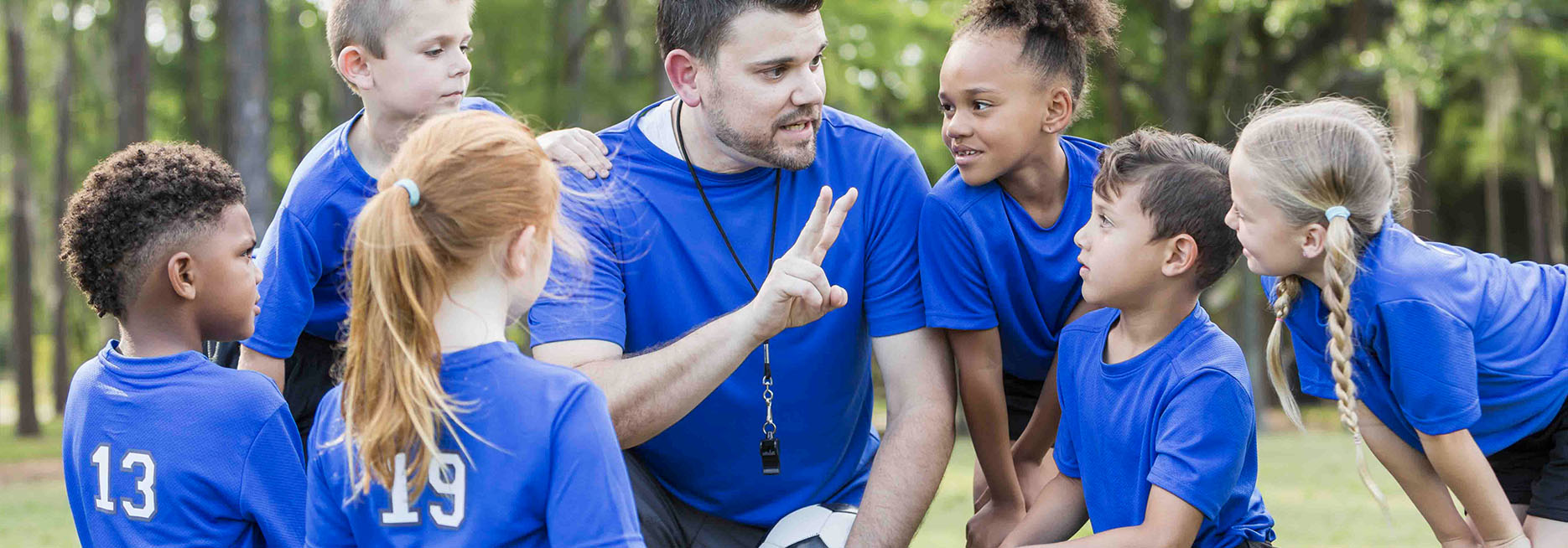
What’s the Latest on Relative Age Effects?
What’s the Latest on Relative Age Effects?
Paul Jurbala, Director, Knowledge, Sport for Life Society
The following is a synopsis of abstracts and presentations along with my comments from “Relative Age Effects: An International Conference” held October 17, 2018 at York University. For more…

Long-Term Development in Sport and Physical Activity 3.0 Communique
Long-Term Development in Sport and Physical Activity 3.0 Communique
We want you to know that Sport for Life is in the process of developing the third edition of the Long-Term Athlete Development resource document. We submitted the text of the resource to Sport Canada for our March 31 deliverable,…

Aboriginal Long-Term Participant Development Pathway: Supporting Indigenous Participation Workshop 2019
Aboriginal Long-Term Participant Development Pathway: Supporting Indigenous Participation Workshop 2019
The Aboriginal Sport Circle and Sport for Life Society invite you to attend the Aboriginal Long-Term Participant Development Pathway: Supporting Indigenous Participation workshop on January 21, prior…
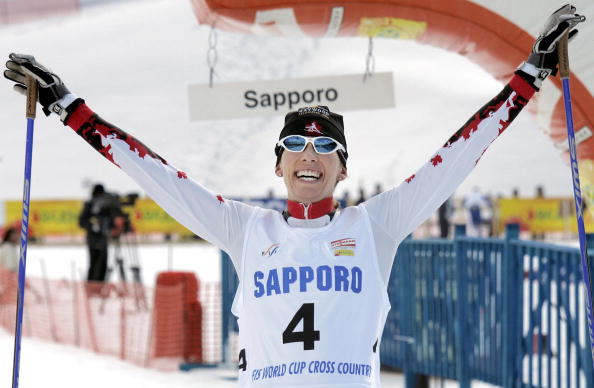
Olympian Beckie Scott to give keynote address at the 2019 Sport for Life Canadian Summit
There is no denying the lasting, positive effects sport and play can have on a person’s life. But what are the factors that encourage sport and play? What are the barriers that prevent it? These are key concepts that will be explored at the 2019 Sport for Life Canadian Summit, held in Gatineau, QC…
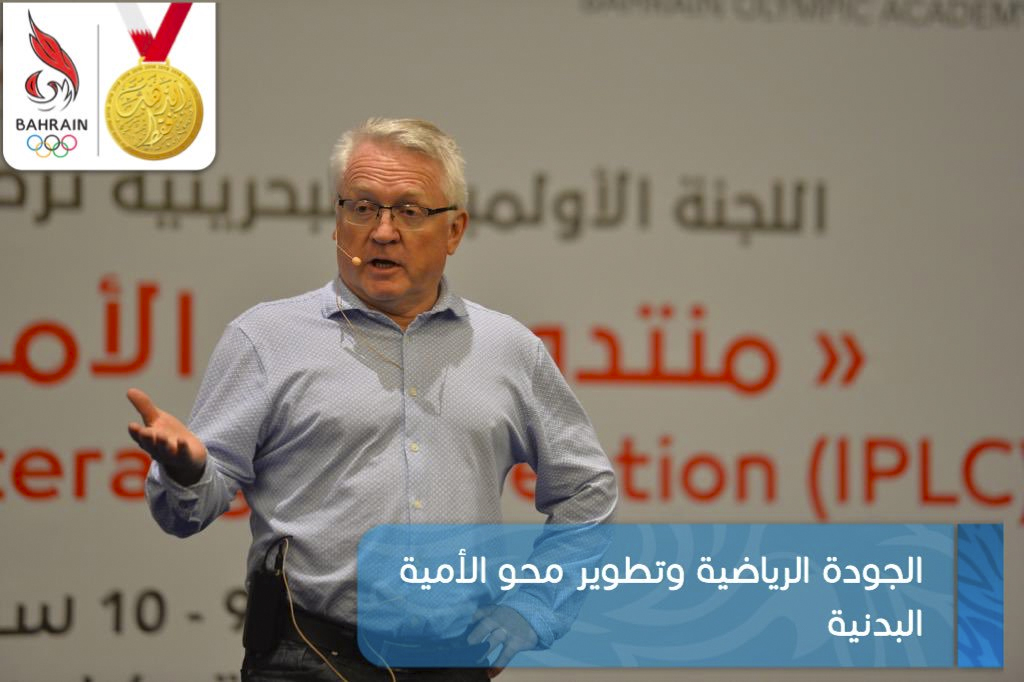
The Global Sport for Life Movement
For many years the Sport for Life Society has been working with international partners to advance the concepts of Long-Term Athlete Development, quality sport, and physical literacy around the globe. Recently, Richard Way, Sport for Life CEO, and Tom Jones, Sport for Life Director of International and…
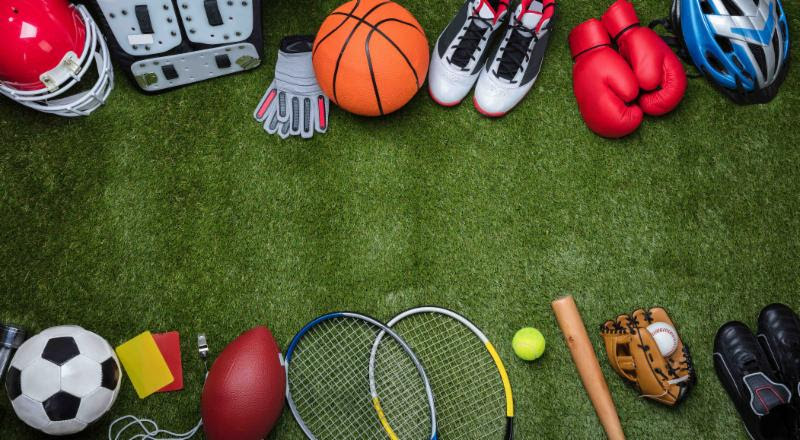
Webinar: Making Multisport Work
Making Multisport Work
Recently the concept of multisport participation has gotten some exciting media attention with leadership from our friends at Active for Life and great examples from Canadian sport organizations. There are lots of research studies backing up the concept, and multisport is built…
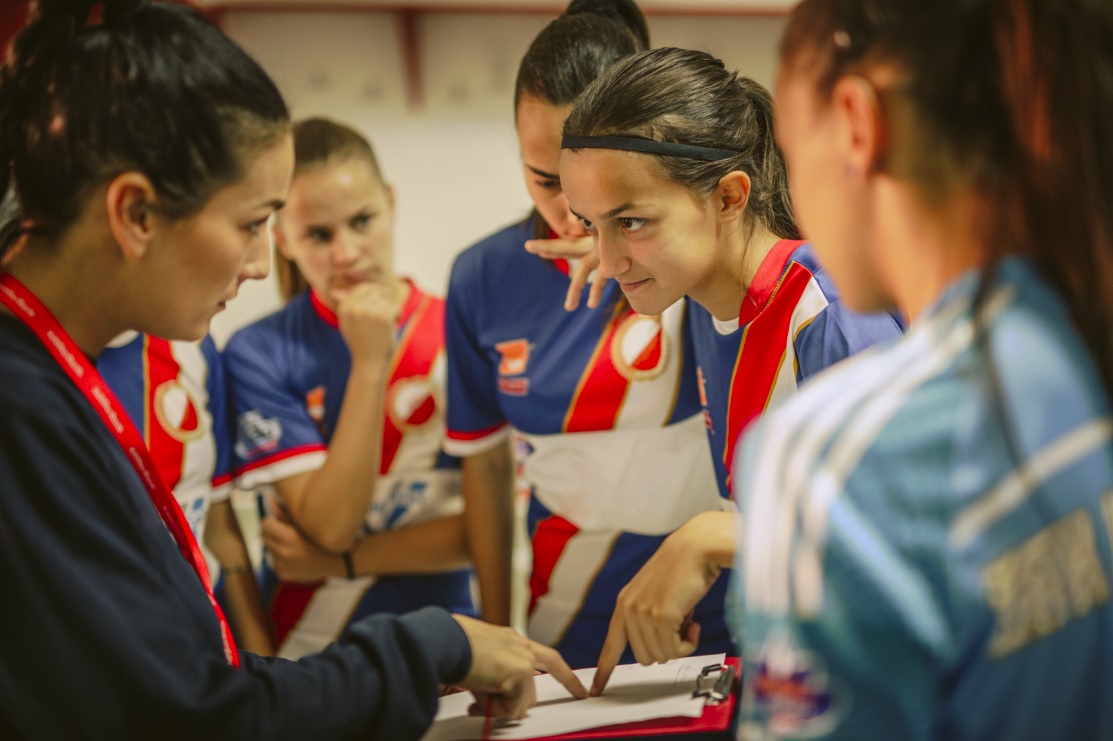
Webinar: Supporting Positive Sport Parenting: for Coaches, Clubs and Parents
Supporting Positive Sport Parenting: for Coaches, Clubs and Parents
Sport parents often get a bad rap, but they play a very important role in community sport. They provide emotional support as children learn to win and lose, they model behaviour for their kids and other parents, and they help young…

Building Resilience in Your Athlete: An Introductory Webinar
Building Resilience in Your Athlete: An Introductory Webinar
What do LeBron James, Misty May-Treanor and the Seattle Seahawks have in common? They all practice mindfulness, to improve their game and their personal resilience. Whether you’re an athlete, coach or sport leader, your ability to take stress…

Protected: Beckie Scott will deliver a keynote address at 2019 Sport for Life Canadian Summit
Beckie Scott retired in 2006 as Canada’s most decorated cross-country ski racer in the history of the sport. A 3- time Olympian, Scott won gold in Salt Lake City in 2002, becoming the first Canadian (and first North American woman) to win an Olympic medal in cross-country skiing. She followed that…

A Workshop Toward Truth and Understanding
The complete history of the land known as Canada is rarely told. Most Canadians never learn the history of the First Nations, Métis, and Inuit, peoples from an Indigenous perspective, which is why the KAIROS Blanket ExerciseTM is so important. The Blanket Exercise consists of trained facilitators leading…

The Impact of Quality Sport Programming in Bahamian Judo
Sport for Life, the global leader in the development of quality sport and physical literacy, aims to learn from and contribute to sport and physical activity programs around the world. Over the last four years, Sport for Life has worked with many sport organization across seven Caribbean nations. In…
